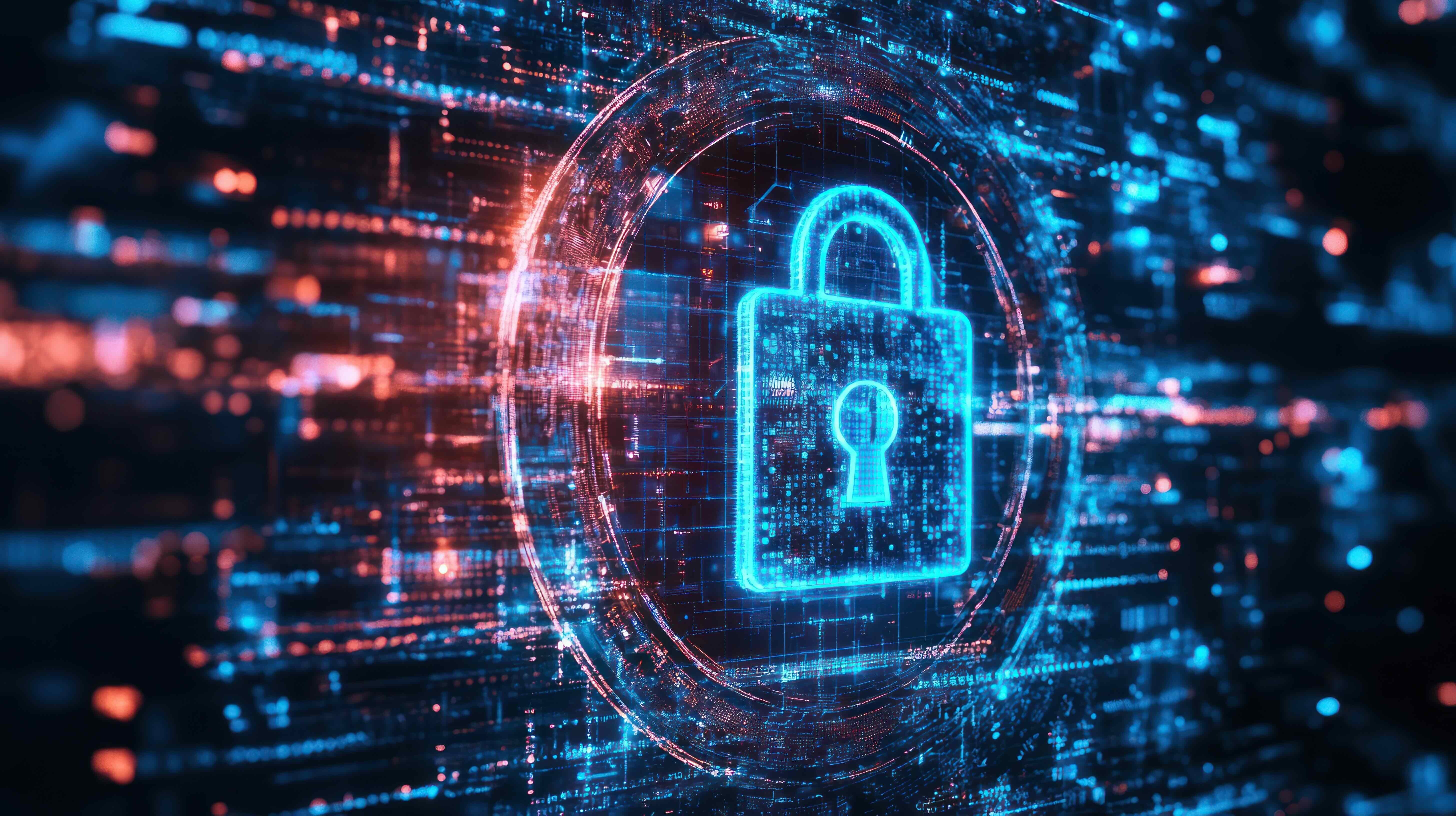How advanced manufacturing can improve supply chain resilience and cybersecurity

Cybersecurity threats in the manufacturing industry are increasing. Image: Louis Reed/Unsplash
Lena McKnight
Partner Lead, Automotive and New Mobility and Advanced Manufacturing Industries, World Economic Forum- The manufacturing industry is experiencing increasing cyber-attacks, month by month.
- The World Economic Forum’s New Narrative demonstrates how the sector can overcome challenges to resilience.
- Manufacturing leaders explain how action today can future-proof the factories of tomorrow.
In 2022, manufacturing had the highest share of cyber-attacks among leading industries worldwide and the third quarter of 2023 marked a 15% increase over the previous. As the manufacturing landscape grapples with this escalating threat, the cost of fortifying digital defences in the cloud era has become exponentially challenging.
This turbulent scenario underscores the urgent need for a swift yet meticulous strategic investment in cybersecurity. In this era of unprecedented technological advancement, safeguarding manufacturing operations has transcended from a luxury to an imperative.
Against this backdrop, advanced manufacturing leaders composed the New Narrative for Advanced Manufacturing, aimed at increasing capacity for sustainability, efficiency, resiliency, innovation and people in the future of manufacturing. Although these impact areas are intertwined and reinforce each other, three co-authors of the New Narrative step forward to share their perspectives on the pivotal role of cybersecurity in fortifying manufacturing resilience. Here are their insights.
People, process and technology
Barbara Frei, Executive Vice President Industrial Automation, Member of the Executive Committee, Schneider Electric
"By reducing the risks and protecting the digital economy, our society will be able to realize the digital dividends of the fourth industrial revolution.
"In the manufacturing industry, cybersecurity should not be viewed solely as a defensive practice but as a means to proactively drive larger value outcomes. Often, cybersecurity is only seen as a “necessary evil” driven by IT considerations. However, industrial companies can leverage cybersecurity to create significant value by involving a broader group of stakeholders in their cybersecurity practices.
"As a technology supplier assisting customers in their digital transformation, Schneider Electric has observed that many industries and manufacturing plants remain limited at the proof-of-concept stage, often because cybersecurity was not initially considered in these pilot projects. Prioritizing cybersecurity within the prism of “people, process and technology” from the outset of a digital transformation programme enables and fosters the convergence of IT and OT (operational technology).
"Doing so will not only ensure the necessary resiliency but also establish the cultural foundation required to scale digital technologies. This is particularly critical in the realms of artificial intelligence’s exponential growth of use cases, which could further widen the existing digital divide we are witnessing within the manufacturing industry."

The future of manufacturing cybersecurity
Cedrik Neike, Member of the Managing Board of Siemens AG and CEO of Digital Industries, Siemens
"Digitalizing enables us to gather production data from all our factories worldwide. They rely on cloud-based services to host our data and provide advanced AI functionalities. It is the basis for realizing the fourth industrial revolution productivity gains by increasing transparency and efficiency.
"However, storing and using the data outside the plant increases the risk to cybersecurity. By connecting assets to the cloud, we open our closed manufacturing environment. Outdated hardware or software, insecure network configurations or a lack of human risk awareness now pose severe cyber risks.
"Our latest Simatic Edge devices significantly reduce cyber risk by ensuring a secure connection between our local factories and global cloud-based services. With that, we can gather high-frequency data and preprocess them before deciding which data to send into cyberspace.
"In addition, we follow a zero-trust approach that uses real-time signals to verify and authorize access to applications, data and products. Data is only accessible to verified people and systems for the time needed.
"In this way, we strive for a holistic cybersecurity concept mitigating the vast security risks that allow us to protect our local factories and, at the same time, connect them to our global fourth industrial revolution solutions.
"The New Narrative seeks to unravel the critical questions surrounding the future of manufacturing cybersecurity, exploring concrete steps the industry can take to confront this escalating challenge. It emphasized the importance of a flexible approach, multi-actor engagement, a holistic security paradigm from supply to consumer value chain and the evolving definitions of resiliency as we transition to the cloud. While we only scratch the surface of how to navigate the current cybersecurity landscape, we anticipate an increasing need to address the evolving challenges that lie ahead."
The Forum’s Advanced Manufacturing Industry community is focused on enabling innovative, sustainable, resilient industry transformation and growth. The New Narrative, authored by community collaborators, facilitates this, responds to four megatrends, commits to five guiding principles and demonstrates how advanced manufacturing can unlock real value across five interconnected impact areas. Click here to learn more.
Related topics:
More on CybersecuritySee all
Julie Iskow and Kim Huffman
November 11, 2025





